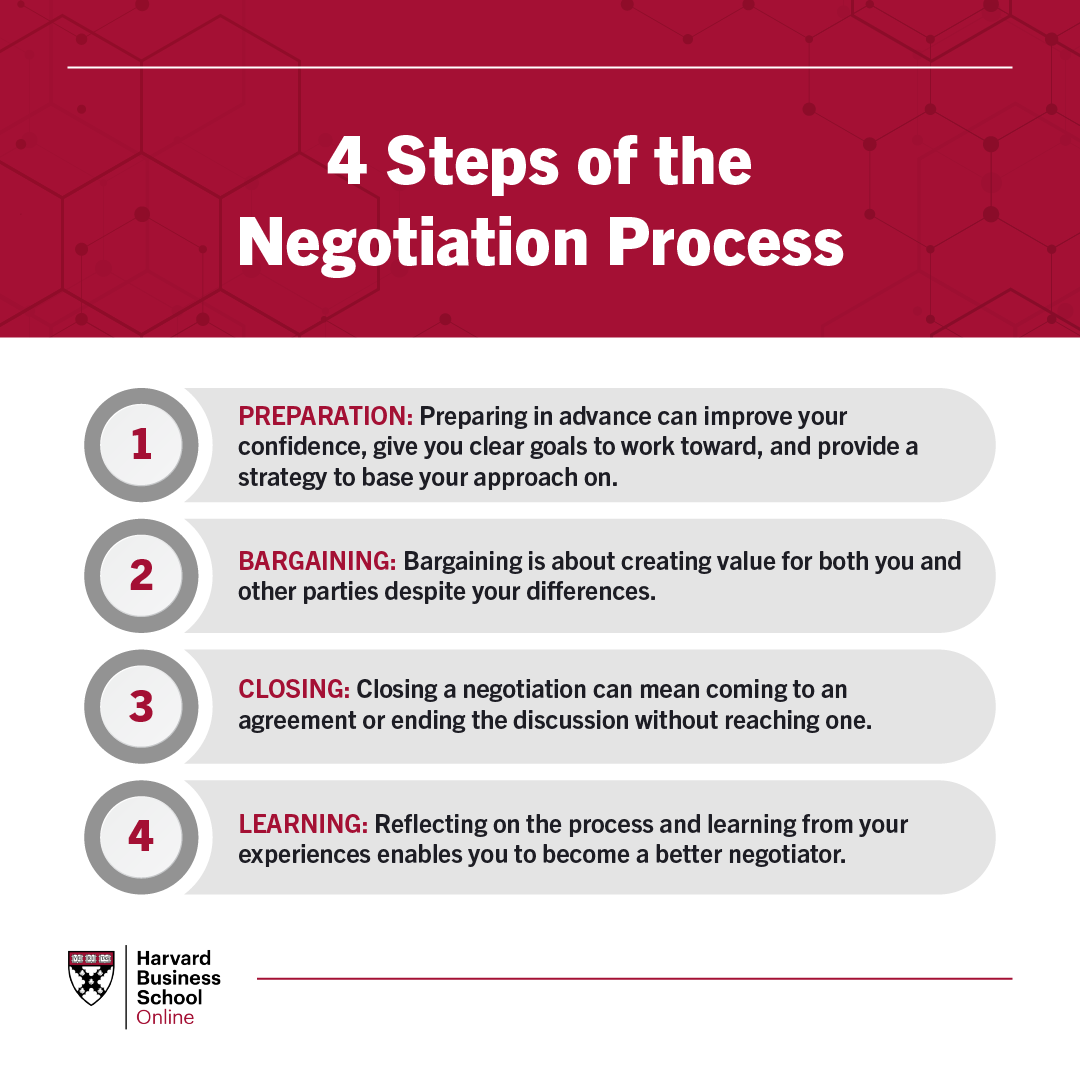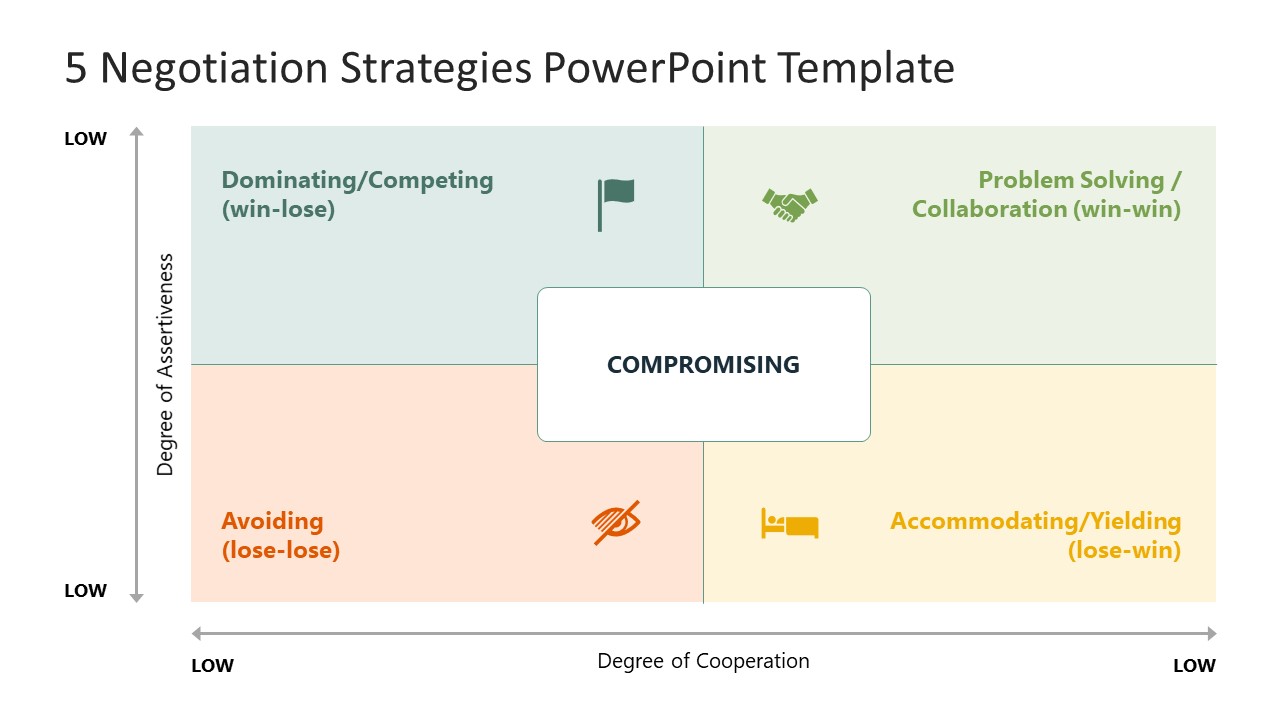
In the dynamic world of business, negotiations are the lifeblood that keeps deals flowing and partnerships thriving. Imagine negotiations as a high-stakes poker game—every move counts, and the slightest misstep can cost you dearly. Whether you're a seasoned professional or a budding entrepreneur, mastering the art of business negotiations is crucial. This comprehensive guide will provide you with top tips for successful business negotiations, equipping you with the strategic negotiations skills needed to close deals and build lasting relationships.
Understanding the Basics of Business Negotiations
Before diving into the specifics, let's establish a solid foundation. Business negotiations involve discussions aimed at reaching an agreement that benefits all parties involved. Effective negotiations require a blend of persuasion skills, strategic thinking, and a deep understanding of the other party's needs and motivations.
The Importance of Preparation
Preparation is the cornerstone of successful negotiations. Just as a chef meticulously prepares ingredients before cooking, you must gather all relevant information before entering a negotiation. This includes understanding your own goals, the other party's objectives, and the market conditions.
Know Your Goals
Clearly define what you want to achieve from the negotiation. Are you aiming for a specific price point, a long-term partnership, or a particular set of terms? Having a clear vision will guide your strategy and help you stay focused during the negotiation process.
Research the Other Party
Understanding the other party's background, needs, and motivations is crucial. Research their past deals, their market position, and any potential pain points. This knowledge will give you leverage and help you tailor your approach to their specific needs.
Building Rapport and Trust
Building a strong rapport with the other party is essential for successful negotiations. Trust is the glue that holds business relationships together. Without it, negotiations can quickly become contentious and unproductive.
Active Listening
Active listening is a powerful tool in negotiations. Show genuine interest in what the other party has to say. Paraphrase their points to ensure understanding and demonstrate that you value their input. This not only builds trust but also provides valuable insights into their priorities.
Establish Common Ground
Find areas of mutual interest and agreement. Highlighting shared goals and values can create a sense of camaraderie and make the negotiation process smoother. Remember, negotiations are not about winning at any cost; they are about finding a mutually beneficial solution.
Strategic Negotiations: Tactics for Success
Now that we've covered the basics, let's delve into some strategic negotiations tactics that can give you an edge in the deal-closing process.
The Art of Persuasion
Persuasion is a subtle yet powerful tool in negotiations. It's about influencing the other party to see the value in your proposal without resorting to manipulation or coercion.
Use Storytelling
Stories have a way of captivating the human mind. Use compelling narratives to illustrate the benefits of your proposal. Paint a vivid picture of how your solution can address their needs and improve their situation.
Highlight the Benefits
Focus on the benefits rather than the features. People are more likely to be persuaded by what they stand to gain rather than the technical details. Explain how your proposal will solve their problems, save them money, or enhance their reputation.
Leveraging Power Dynamics
Understanding and leveraging power dynamics is a crucial aspect of strategic negotiations. Power in negotiations can come from various sources, including information, expertise, and alternatives.
Information is Power
The more you know, the stronger your position. Gather as much information as possible about the market, the other party, and the specifics of the deal. This knowledge can give you a significant advantage in negotiations.
Create Alternatives
Having alternatives strengthens your bargaining power. If the other party knows you have other options, they are more likely to be flexible in their demands. Always have a Plan B and be prepared to walk away if necessary.
Deal Closing: Sealing the Agreement
Closing a deal is the ultimate goal of any negotiation. However, it's not just about getting a signature on the dotted line. It's about ensuring that both parties are satisfied with the outcome and committed to the agreement.
The Final Push
As the negotiation nears its conclusion, it's time to make the final push. This is where your persuasion skills and strategic thinking come into play.
Summarize the Agreement
Recap the key points of the agreement to ensure clarity and understanding. This helps to solidify the terms and reduces the risk of misunderstandings later on.
Address Any Remaining Concerns
Before finalizing the deal, address any lingering concerns or questions. This shows that you are attentive to their needs and committed to a successful outcome.
Follow-Up and Relationship Building
The negotiation doesn't end with the signing of the agreement. Follow-up is essential to ensure that the terms are being met and to build a lasting relationship.
Regular Check-Ins
Schedule regular check-ins to discuss progress and address any issues that may arise. This proactive approach demonstrates your commitment and helps to build trust.
Celebrate Successes
Celebrate milestones and successes together. This not only strengthens the relationship but also reinforces the value of the partnership.
Conclusion: Mastering the Art of Business Negotiations
Mastering the art of business negotiations is a journey that requires continuous learning and practice. By understanding the basics, employing strategic tactics, and focusing on building relationships, you can become a skilled negotiator capable of closing deals and achieving your business goals.
Remember, successful negotiations are not about winning at any cost. They are about finding mutually beneficial solutions that satisfy all parties involved. With the right preparation, persuasion skills, and strategic thinking, you can navigate the complex world of business negotiations with confidence and success.
FAQs
What is the most important aspect of business negotiations? The most important aspect of business negotiations is preparation. Understanding your goals, researching the other party, and gathering relevant information are crucial for a successful negotiation.
How can I build trust in negotiations? Building trust in negotiations involves active listening, establishing common ground, and demonstrating a genuine interest in the other party's needs and concerns.
What are some effective persuasion techniques in negotiations? Effective persuasion techniques include storytelling, highlighting the benefits of your proposal, and using compelling narratives to illustrate the value of your solution.
How can I leverage power dynamics in negotiations? Leveraging power dynamics involves gathering information, creating alternatives, and understanding the sources of power in the negotiation.
What should I do after closing a deal? After closing a deal, it's important to follow up regularly, address any concerns, and celebrate successes to build a lasting relationship.


By following these top tips for successful business negotiations, you can enhance your negotiation skills, close more deals, and build strong, lasting business relationships. Happy negotiating!
Posting Komentar